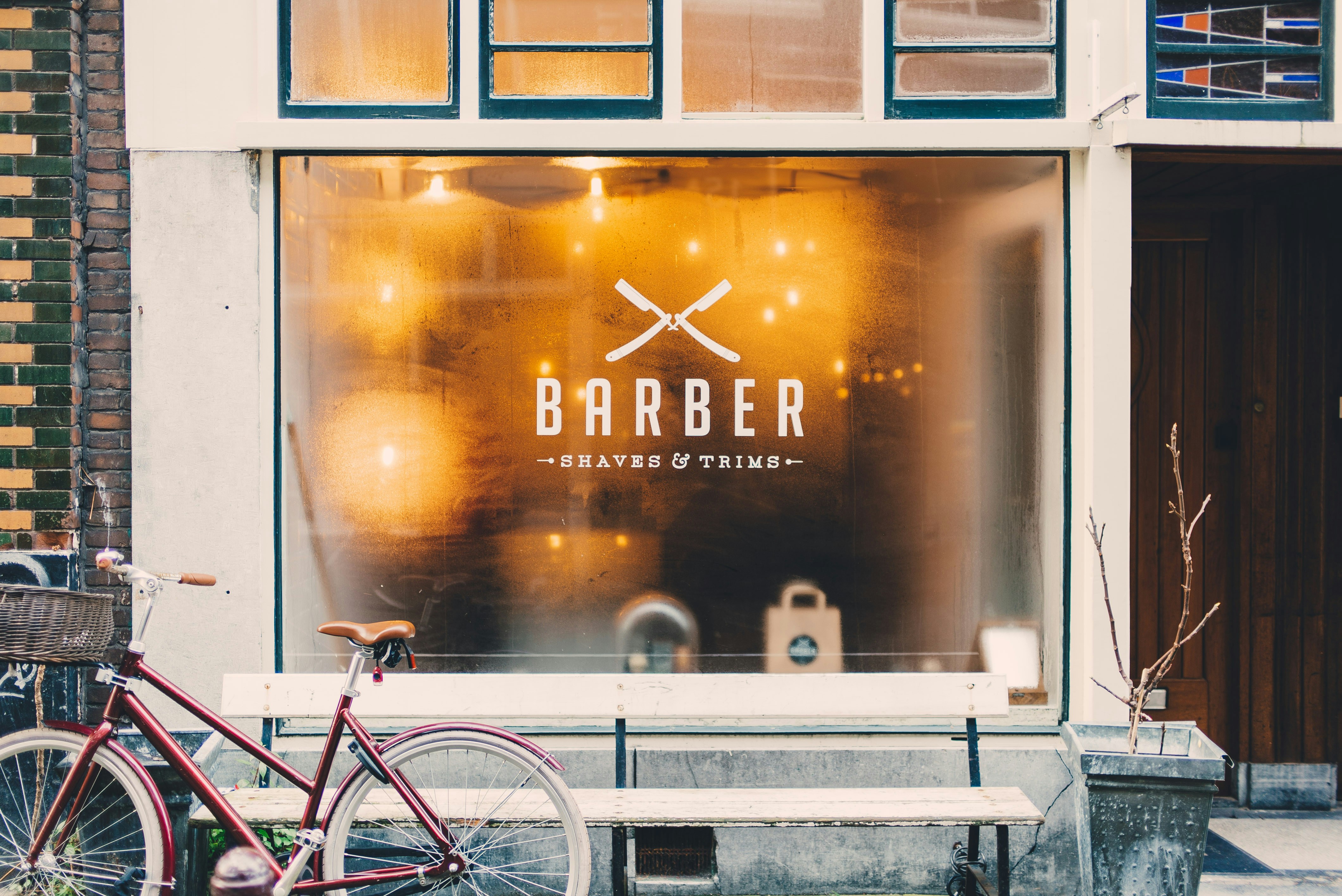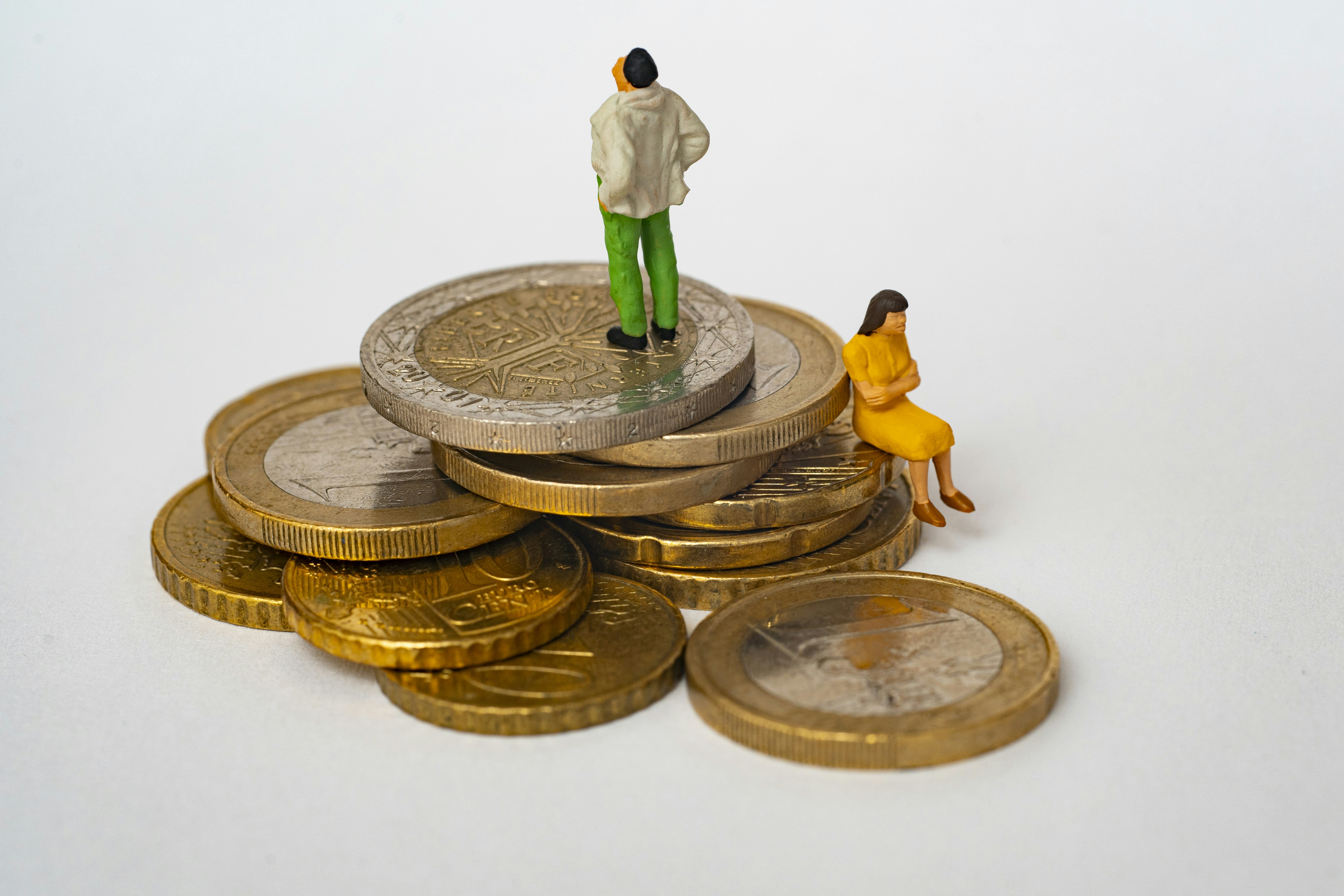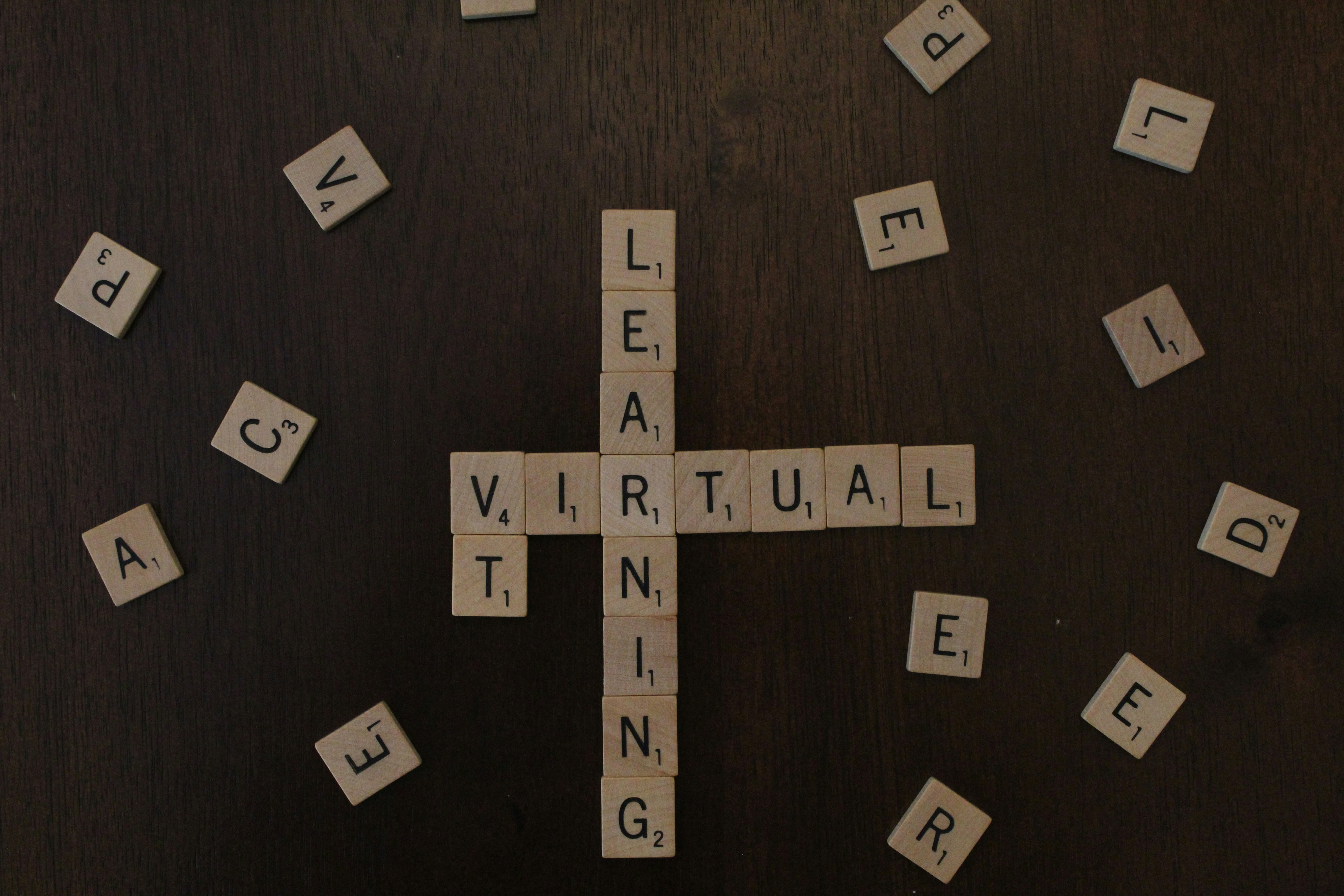The Barter Economy Reimagined: Trade Skills for Financial Freedom
In today's fast-paced digital world, the concept of financial independence is more attainable than ever, particularly through the innovative lens of the barter economy. As traditional financial systems evolve, trading skills and services has emerged not just as a necessity but as a savvy strategy to achieve financial objectives. Imagine a world where the currency you trade is not merely money, but your unique set of skills and expertise. This concept is gaining traction, allowing individuals to escape the rat race and build financial independence in a manner that aligns with contemporary digital practices. Let’s explore how you can harness the power of bartering to reshape your financial future.
Understanding the Modern Barter Economy
The barter economy traditionally relied on the direct exchange of goods and services without the use of money. However, in the age of technology, this model has been reimagined for a new generation. Bartering today can involve online platforms that facilitate exchanges, such as skill-swapping and service-sharing networks. This evolution has not only reignited interest in trading skills but also empowered people to view their capabilities as valuable assets.
Why Bartering Matters in Personal Finance
The allure of bartering lies in its potential to minimize expenses and maximize resource use. With inflation soaring and traditional job markets fluctuating, understanding how to trade skills can lead to substantial financial relief. According to a study by the Harvard Business Review, individuals who engage in skill exchanges can cut their living costs by up to 30%, boosting savings and enhancing financial health. By learning to leverage what you already know, financial independence doesn't feel so distant anymore.
Exploring Digital Platforms for Bartering
The digital age has made it simpler than ever to enter the barter economy. Platforms such as Skillshare and barter communities on social media allow individuals to trade their services for those they need. Whether it's a graphic designer exchanging logo design services for a photographer’s portfolio or a web developer offering coding lessons in return for marketing consultations, the possibilities are endless.
The Role of Community in Bartering
A significant aspect of bartering is its reliance on community. By connecting with like-minded individuals, you can form networks that facilitate skill sharing. Websites dedicated to local barter exchanges often include forums where members can post their needs and available skills. This communal approach not only enables financial transactions but fosters relationships that can lead to further opportunities.
You might want to learn more about how community engagement can impact your financial strategies in our article on saving more through digital minimalism. Engaging directly with community-driven platforms can enhance your trading experience and lead to long-lasting benefits.
Assessing Your Skills for Barter
Before jumping into bartering, take time to evaluate what unique skills you can offer. Here's a simple framework to get you started:
- Inventory of Skills: List down everything you’re knowledgeable about. This can include professional skills, hobbies, and even personal talents.
- Match Your Skills to Services Needed: Identify which of your skills would fill gaps in the community. Can you repair electronics, or do you cook gourmet meals?
- Market Yourself: Create a simple profile on bartering platforms explaining your skills and the services you seek. The clearer you are, the easier it will be for others to find you.
By approaching your skills with a strategic mindset, you align your offerings with what others in your network may need, paving the road to effective and fulfilling exchanges.
The Financial Freedom Aspect of Bartering
Bartering aligns seamlessly with the principles of financial independence. When you trade your skills for services instead of spending cash, it reduces your expenditure and allows reallocation of resources towards savings or investments. Both passive income initiatives and skill-based ventures can benefit from the barter system. The act of trading itself can lead to new avenues of income that weren’t previously visible.
Additionally, the emotional aspect of bartering—forming new relationships and expanding your network—can create supportive ecosystems where businesses and individuals thrive. Engaging in bartering can significantly impact your mental well-being, knowing you’re part of a community where mutual support allows for growth.
Barter as an Investment Strategy
Trading skills and services is not only a way to save money; it is effectively a long-term investment strategy. If you’re looking for a unique way to invest your time and abilities, consider how volunteering or engaging in community projects can reinvest in your skill set for future returns. You can read more about this in our piece on the impact of volunteering on financial savvy.
Building Financial Resilience with Bartering
The key to thriving in a changing economic environment is resilience. By integrating bartering into your financial strategy, you develop skills that can essentially function as "financial safety nets." The less reliant you are on cash transactions, the better equipped you will be to handle economic downturns.
One of the additional benefits is mental wealth. Investing in your skills, creativity, and network directly correlates with a robust financial mindset. By embracing the barter system, you're not only building financial resources but also enriching your life experiences, leading to holistic well-being.
The Future of Barter: Opportunities Ahead
Looking ahead, the barter economy is set to grow exponentially alongside the rise of the gig economy. More people are re-evaluating their relationship with money, emphasizing skills and experiences over traditional financial rewards. Enhanced digital platforms and an increasing acceptance of non-monetary transactions points toward a future where skills and services are recognized as legitimate forms of currency.
Navigating the Trends in Bartering
As the barter economy expands, staying on top of trends will help you maximize opportunities. For instance, becoming aware of industries that are thriving through barter, such as creative arts and technological services, can position you strategically within the marketplace.
Are you curious about how trends impact your financial journey? Explore our article about gamifying your investment strategy to learn about aligning your investments with current trends and community needs.
Implement Your Skills into a Barter Plan
Putting theory into practice is vital. Here’s how to put your bartering knowledge to work in a digestible manner:
- Join community platforms where you can connect with those who have complementary skills.
- Create specific barter agreements before engaging in skill exchanges, ensuring expectations are clear.
- Track your barter transactions to evaluate what’s yielding the best returns in terms of personal satisfaction and financial benefits.
Taking these steps will not only streamline your interactions but will empower you to make informed decisions within the barter system.
Final Thoughts
The barter economy represents a revolutionary approach to achieving financial independence in a digital age that values skill and expertise. By trading your skills and services rather than relying solely on monetary transactions, you not only enhance your financial literacy but also foster community connections that enhance your overall economic wellbeing.
If you're ready to take the plunge into this exciting, resourceful avenue, consider your skill set as a valuable piece of your financial puzzle. Together, let’s embrace the future of bartering and advocate for a community that thrives on shared skills and mutual benefit.
Don’t forget to check out more resources that can help refine your financial strategy and boost savings in our articles about side hustles to counter inflation and digital nomad finance strategies. The more informed you are, the better prepared you'll be to navigate the evolving landscape of personal finance.












